Johns Vs Thurston
- Thread starter Snake
- Start date
You are using an out of date browser. It may not display this or other websites correctly.
You should upgrade or use an alternative browser.
You should upgrade or use an alternative browser.
Johns, many reasons already listed.
Beaver boy
Reserve Grader
Both freaks in attack, football smarts toughness etc etc. One area and a very important area in the game where they are worlds apart is DEFENCE. Joey hit like a front rower, and Thurston is a liability. Johns also had a superior running game.
PONTIAN SEA EAGLE
Bencher
Thurston for mine,he's more of a family man.
Wombat Legacy
Bencher
Johns is one of the biggest cockheads to play rugby league!
But he was so much better than JT media darling. The PC stuff surrounding him is nauseating.
He got towelled up time and time again in the GF and got Churchill Medal....mind boggling.
But he is the best running around right now week in week out.
But he was so much better than JT media darling. The PC stuff surrounding him is nauseating.
He got towelled up time and time again in the GF and got Churchill Medal....mind boggling.
But he is the best running around right now week in week out.
Rusty Cage
Reserve Grader
I've never seen a player tear another team apart like Johns during the 1st half of the grand final against Parramatta.
There has been quite a lot of chatter and debate regarding who is the greatest halfback of all time in rugby league.
This debate has picked up some momentum in recent months as Johnathan Thurston led the Cowboys to their maiden premiership and won a record-breaking fourth Dally M Medal.
Andrew Johns is regarded as the best halfback ever, his two premierships, three Dally M Medals and countless superstar performances have him named in the team of the century.
I am going to compare both players careers and explain how Johns is still the superior player.
Awards
Thurston has four Dally Ms to Johns’ three, with JT winning the last two on the trot, tying with Jarryd Hayne in 2014.
This is an incredible achievement for Thurston, however most people seem to forget 2005, when JT won his first Dally M, Johns missed the first eight games of the season through injury and still finished second by one freaking point.
Had Johns played even two of those games he would have won his fourth Dally M Medal and JT would have won three.
They have both won four halfback of the year awards, but JT has won three five-eighth of the year awards. However you must bear in mind that Johns was in an era with Ricky Stuart, Alfie Langer, and Brett Kimmorley, so winning awards would have been much more difficult.
JT has won three Golden Boots to Johns’ two, but from 1991-98 no Golden Boots were awarded, and these were Johns’ prime years.
Also, Johns has won five Rugby League Week Player of the Year awards to JT’s one.
Edge: Johns
State of Origin
In terms of series wins, Thurston beats out Johns 9-5. JT has been a key player in one of the greatest Origin teams ever, playing every game during that dominance.
Johns, on the other hand, couldn’t find his feet at one position as he played hooker and came off the bench. JT had more of an impact early in his Origin career and is the leading point scorer in Origin history.
However JT has never had a performance like Johns did in Game 2 of 2005. In that match, a returning Johns single-handedly destroyed Queensland.
Thurston has had many fine performances in his career no doubt, but never on the magnitude of some of Johns’ games.
I would also like to point out that the last three games Cooper Cronk has missed the Blues have won, and Thurston has been pretty average – maybe Cronk’s impact to that team is greater than JT’s?
Edge: even
Australia
Both of them have been brilliant for their country, JT with 33 Tests and Johns with 24. Johns achieved a higher winning percentage than JT, has won two World Cups to JT’s one, and the Kangaroos were always number one while Johns played.
But teams like New Zealand and England are significantly better now than 15-20 years ago when Johns played.
JT’s amazing play in the 2006 Tri-Nations final and man of the match in the final of the 2013 World Cup shows how good he is. He is also the highest point scorer for Australia. That tilts it towards JT.
Edge: JT
Premierships
They have both won two premierships and one Clive Churchill medal, but it is not as close as it seems.
JT’s first grand final was won playing off the bench to replace the injured Steve Price. He didn’t play many minutes and wasn’t the reason why the Bulldogs made or won the grand final.
Furthermore, while JT kicked the winning field goal to win the 2015 grand final, and handling that pressure must be commended, he did miss a tough sideline conversion which would have won them the game. The best player in world should be able to make that.
Thurston also made zero line breaks, provided zero try assists, and made two errors – one of them leading directly to Jack Reed’s try. I still don’t understand how he won Clive Churchill Medal, if it wasn’t for a piece of Michael Morgan magic and costly errors, Brisbane should have won.
Again, JT led the side to the grand final, but played an average game in the biggest game of his career.
By contrast, in the 1997 grand final Johns made the greatest clutch play ever by setting up Darren Albert to score in the dying seconds against the more fancied Manly team. The game was played during the Super League war, meaning the Knights didn’t play the Broncos, Bulldogs or Sharks. To top it off, he did it all with a punctured lung!
In 2001, he helped Newcastle beat raging favourites Parramatta, by blowing the Eels of the park with three try assists in the first half en route to the Clive Churchill Medal.
The Eels were the shortest-priced team in the grand final in 20 years and statistically the best attacking team in NRL history.
Johns simply preformed on a greater level against tougher opposition.
Edge: Johns
Overall
Johns has a slightly better kicking game and passing game, while JT has a marginally better running game and ball skills, plus JT is the greater leader and competitor.
They are very close in goal kicking as well, with Johns the second highest scorer in NRL history.
Johns and JT both lift players around them as only the greats can. In defence, JT was never the defender Johns was – too many times he has been run over, but to his credit he gets up to chase.
While Johns is the best defensive halfbacks ever, his days at hooker really helped him with his tackling. Also, Johns was the inventor of the banana kick and was a master attacking the short side.
Edge: Johns
Joey’s three to JT’s one shows that Johns is still the greatest halfback of all.
This debate has picked up some momentum in recent months as Johnathan Thurston led the Cowboys to their maiden premiership and won a record-breaking fourth Dally M Medal.
Andrew Johns is regarded as the best halfback ever, his two premierships, three Dally M Medals and countless superstar performances have him named in the team of the century.
I am going to compare both players careers and explain how Johns is still the superior player.
Awards
Thurston has four Dally Ms to Johns’ three, with JT winning the last two on the trot, tying with Jarryd Hayne in 2014.
This is an incredible achievement for Thurston, however most people seem to forget 2005, when JT won his first Dally M, Johns missed the first eight games of the season through injury and still finished second by one freaking point.
Had Johns played even two of those games he would have won his fourth Dally M Medal and JT would have won three.
They have both won four halfback of the year awards, but JT has won three five-eighth of the year awards. However you must bear in mind that Johns was in an era with Ricky Stuart, Alfie Langer, and Brett Kimmorley, so winning awards would have been much more difficult.
JT has won three Golden Boots to Johns’ two, but from 1991-98 no Golden Boots were awarded, and these were Johns’ prime years.
Also, Johns has won five Rugby League Week Player of the Year awards to JT’s one.
Edge: Johns
State of Origin
In terms of series wins, Thurston beats out Johns 9-5. JT has been a key player in one of the greatest Origin teams ever, playing every game during that dominance.
Johns, on the other hand, couldn’t find his feet at one position as he played hooker and came off the bench. JT had more of an impact early in his Origin career and is the leading point scorer in Origin history.
However JT has never had a performance like Johns did in Game 2 of 2005. In that match, a returning Johns single-handedly destroyed Queensland.
Thurston has had many fine performances in his career no doubt, but never on the magnitude of some of Johns’ games.
I would also like to point out that the last three games Cooper Cronk has missed the Blues have won, and Thurston has been pretty average – maybe Cronk’s impact to that team is greater than JT’s?
Edge: even
Australia
Both of them have been brilliant for their country, JT with 33 Tests and Johns with 24. Johns achieved a higher winning percentage than JT, has won two World Cups to JT’s one, and the Kangaroos were always number one while Johns played.
But teams like New Zealand and England are significantly better now than 15-20 years ago when Johns played.
JT’s amazing play in the 2006 Tri-Nations final and man of the match in the final of the 2013 World Cup shows how good he is. He is also the highest point scorer for Australia. That tilts it towards JT.
Edge: JT
Premierships
They have both won two premierships and one Clive Churchill medal, but it is not as close as it seems.
JT’s first grand final was won playing off the bench to replace the injured Steve Price. He didn’t play many minutes and wasn’t the reason why the Bulldogs made or won the grand final.
Furthermore, while JT kicked the winning field goal to win the 2015 grand final, and handling that pressure must be commended, he did miss a tough sideline conversion which would have won them the game. The best player in world should be able to make that.
Thurston also made zero line breaks, provided zero try assists, and made two errors – one of them leading directly to Jack Reed’s try. I still don’t understand how he won Clive Churchill Medal, if it wasn’t for a piece of Michael Morgan magic and costly errors, Brisbane should have won.
Again, JT led the side to the grand final, but played an average game in the biggest game of his career.
By contrast, in the 1997 grand final Johns made the greatest clutch play ever by setting up Darren Albert to score in the dying seconds against the more fancied Manly team. The game was played during the Super League war, meaning the Knights didn’t play the Broncos, Bulldogs or Sharks. To top it off, he did it all with a punctured lung!
In 2001, he helped Newcastle beat raging favourites Parramatta, by blowing the Eels of the park with three try assists in the first half en route to the Clive Churchill Medal.
The Eels were the shortest-priced team in the grand final in 20 years and statistically the best attacking team in NRL history.
Johns simply preformed on a greater level against tougher opposition.
Edge: Johns
Overall
Johns has a slightly better kicking game and passing game, while JT has a marginally better running game and ball skills, plus JT is the greater leader and competitor.
They are very close in goal kicking as well, with Johns the second highest scorer in NRL history.
Johns and JT both lift players around them as only the greats can. In defence, JT was never the defender Johns was – too many times he has been run over, but to his credit he gets up to chase.
While Johns is the best defensive halfbacks ever, his days at hooker really helped him with his tackling. Also, Johns was the inventor of the banana kick and was a master attacking the short side.
Edge: Johns
Joey’s three to JT’s one shows that Johns is still the greatest halfback of all.
Harmless27
Reserve Grader
No contest in my opinion.
Johns was HANDS DOWN a better player than Thurston.
And before the 'he was on drugs' brigade get stuck into this thread, I just want to focus purely on his footballing ability and talent (end of the day, I think JT and Johns are probably as 'clean' as each other throughout their careers!)
Johns could win a game single handedly under immense pressure - when it mattered most. Thurston has a reputation for crying like a baby when his team is hard done by/goes behind.....
At this point, I should state that I dislike Thurston as a personality (so this clouds my judgement somewhat - but hey, I can admit to that!).
Playing Johns always worried me - every time we took to the field (except his ridiculous ronald mcdonald hair do in 1998?) The man could just do things with a foot ball that were unparalleled. he had the atacking game of Cliff Lyons, The kicking game of Ricky Stuart, and the defensive game that I believe DCE possesses.
I don't like newcastle. I don't like the Cowboys (and I HATE the Dogs)..... and to be fair, I don't l;ike Johns OR Thurston..... but I can honestly say, Johns is the best non-Manly player I have ever seen.
He would ALMOST get a run in my all-time best ever - off the bench, behind Geoff Toovey ;-)
Johns was HANDS DOWN a better player than Thurston.
And before the 'he was on drugs' brigade get stuck into this thread, I just want to focus purely on his footballing ability and talent (end of the day, I think JT and Johns are probably as 'clean' as each other throughout their careers!)
Johns could win a game single handedly under immense pressure - when it mattered most. Thurston has a reputation for crying like a baby when his team is hard done by/goes behind.....
At this point, I should state that I dislike Thurston as a personality (so this clouds my judgement somewhat - but hey, I can admit to that!).
Playing Johns always worried me - every time we took to the field (except his ridiculous ronald mcdonald hair do in 1998?) The man could just do things with a foot ball that were unparalleled. he had the atacking game of Cliff Lyons, The kicking game of Ricky Stuart, and the defensive game that I believe DCE possesses.
I don't like newcastle. I don't like the Cowboys (and I HATE the Dogs)..... and to be fair, I don't l;ike Johns OR Thurston..... but I can honestly say, Johns is the best non-Manly player I have ever seen.
He would ALMOST get a run in my all-time best ever - off the bench, behind Geoff Toovey ;-)
Brookvale
Bencher
Joey gets it.
In terms of Aust Rep footy I think they're on par.
Origin - JT is ahead.
In relation to premierships, they both have 2 and JT can add to that tally. However I think Joey gets it as he beat one of the best Manly Teams put together and the Parra team he an BK tore apart were outstanding all year. JTs wins come with a Canterbury team that were well over the cap and from a Brisbane halfback that couldn't catch.
Plus Joey won most games stoned off his head.
In terms of Aust Rep footy I think they're on par.
Origin - JT is ahead.
In relation to premierships, they both have 2 and JT can add to that tally. However I think Joey gets it as he beat one of the best Manly Teams put together and the Parra team he an BK tore apart were outstanding all year. JTs wins come with a Canterbury team that were well over the cap and from a Brisbane halfback that couldn't catch.
Plus Joey won most games stoned off his head.
maxta
First Grader
JT is a great competitor & the best today imo.....Johns was simply the best - people can knock his off field stuff all day, but besides Wally Lewis was the best player in my opinion over the past 35 years - then a cluster of others with Cliff Lyons leading the pack behind.....Wally was just so damn tough - almost what old school footy was built on & is a quality bloke off the park , unlike some want the fans to believe....& on par in his own way - with Johns as the best.
You lost me when you mentioned Brett Kimmorely in a debate about great halfbacks.
But for the record put me down as a vote for Johns.
But for the record put me down as a vote for Johns.
Sea Eagle 4 Life
Bencher
Johns for me too.
People are now saying that JT is the best because he has longevity over Johns. That doesn't mean he is a better player.
People are now saying that JT is the best because he has longevity over Johns. That doesn't mean he is a better player.
manlyfan76
Them / They
Johns if you are looking at performances on the field and not all the other stuff.
He won so many games on his own, could just have four touches for four try assists.
He won so many games on his own, could just have four touches for four try assists.
Users who are viewing this thread
Total: 1 (members: 0, guests: 1)
| Team | P | W | L | PD | Pts |
|---|---|---|---|---|---|
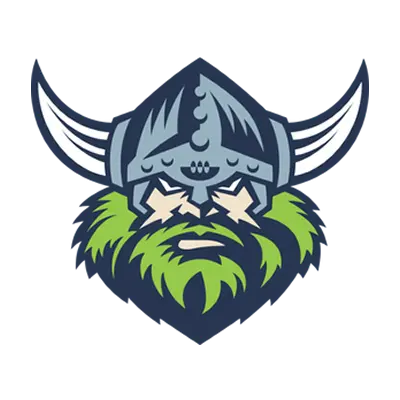
|
24 | 19 | 5 | 148 | 44 |
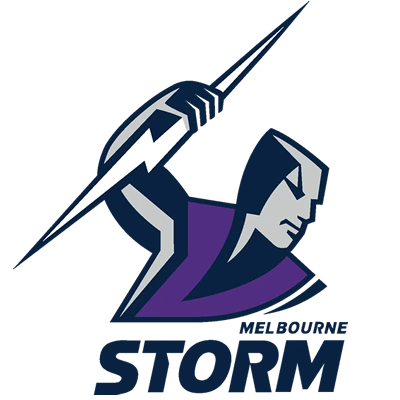
|
24 | 17 | 7 | 212 | 40 |
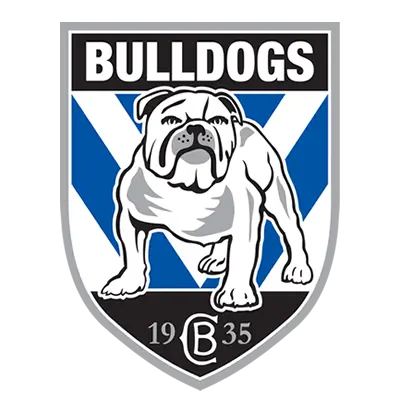
|
24 | 16 | 8 | 120 | 38 |
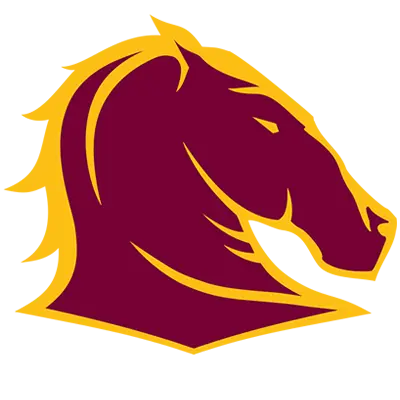
|
24 | 15 | 9 | 172 | 36 |

|
24 | 15 | 9 | 109 | 36 |
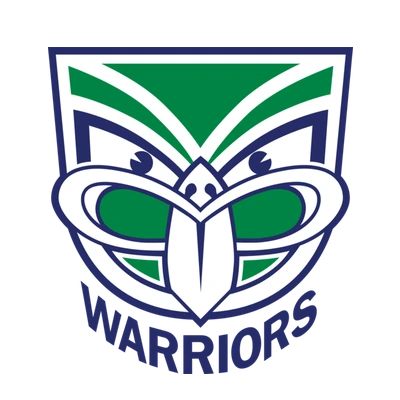
|
24 | 14 | 10 | 21 | 34 |
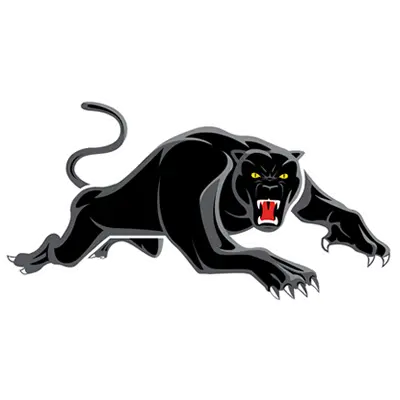
|
24 | 13 | 10 | 107 | 33 |
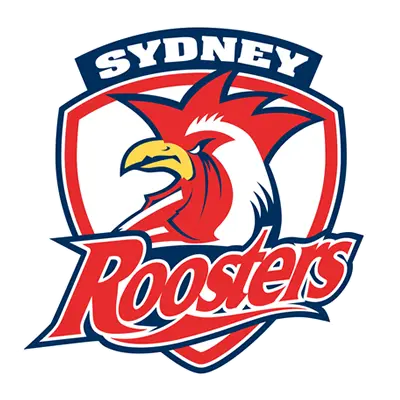
|
24 | 13 | 11 | 132 | 32 |

|
24 | 12 | 12 | 125 | 30 |
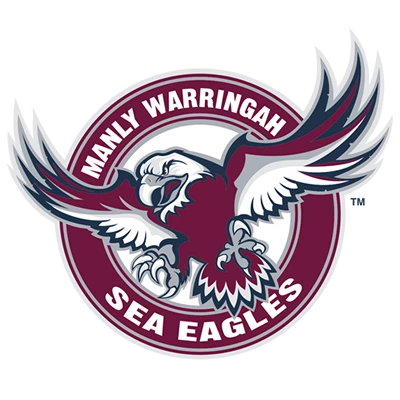
|
24 | 12 | 12 | 21 | 30 |
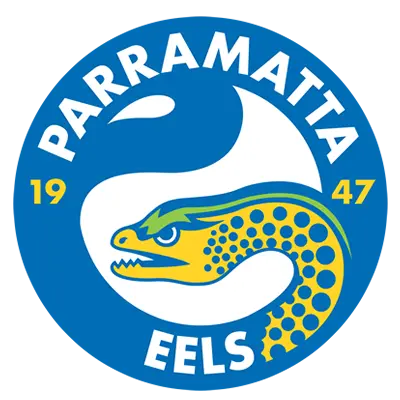
|
24 | 10 | 14 | -76 | 26 |
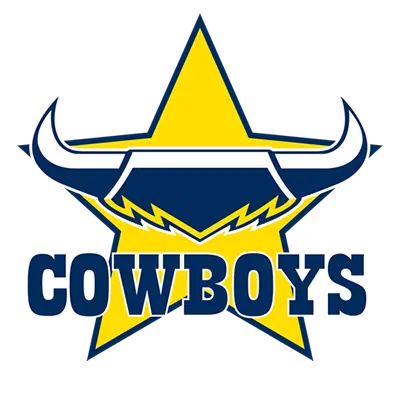
|
24 | 9 | 14 | -146 | 25 |
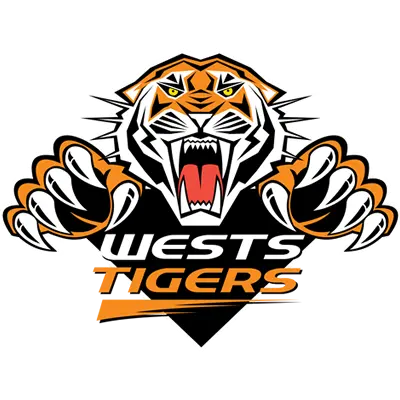
|
24 | 9 | 15 | -135 | 24 |
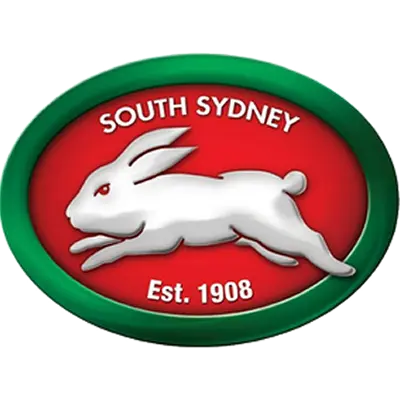
|
24 | 9 | 15 | -181 | 24 |
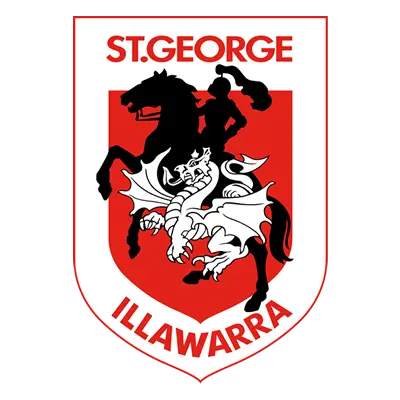
|
24 | 8 | 16 | -130 | 22 |
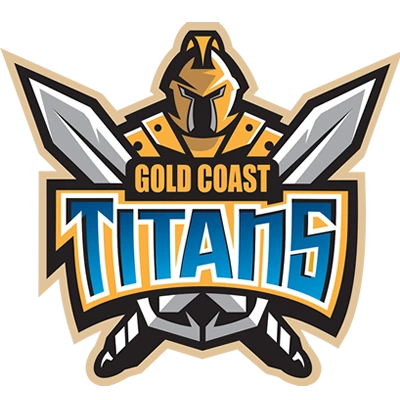
|
24 | 6 | 18 | -199 | 18 |
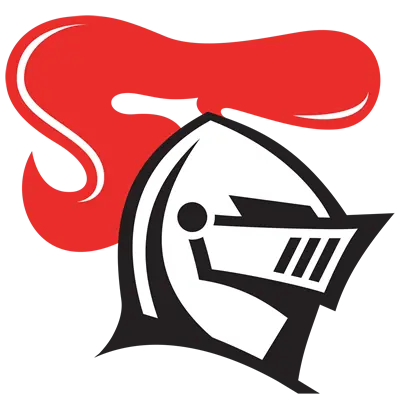
|
24 | 6 | 18 | -300 | 18 |
Online statistics
- Members online
- 26
- Guests online
- 1,239
- Total visitors
- 1,265
Totals may include hidden visitors.
